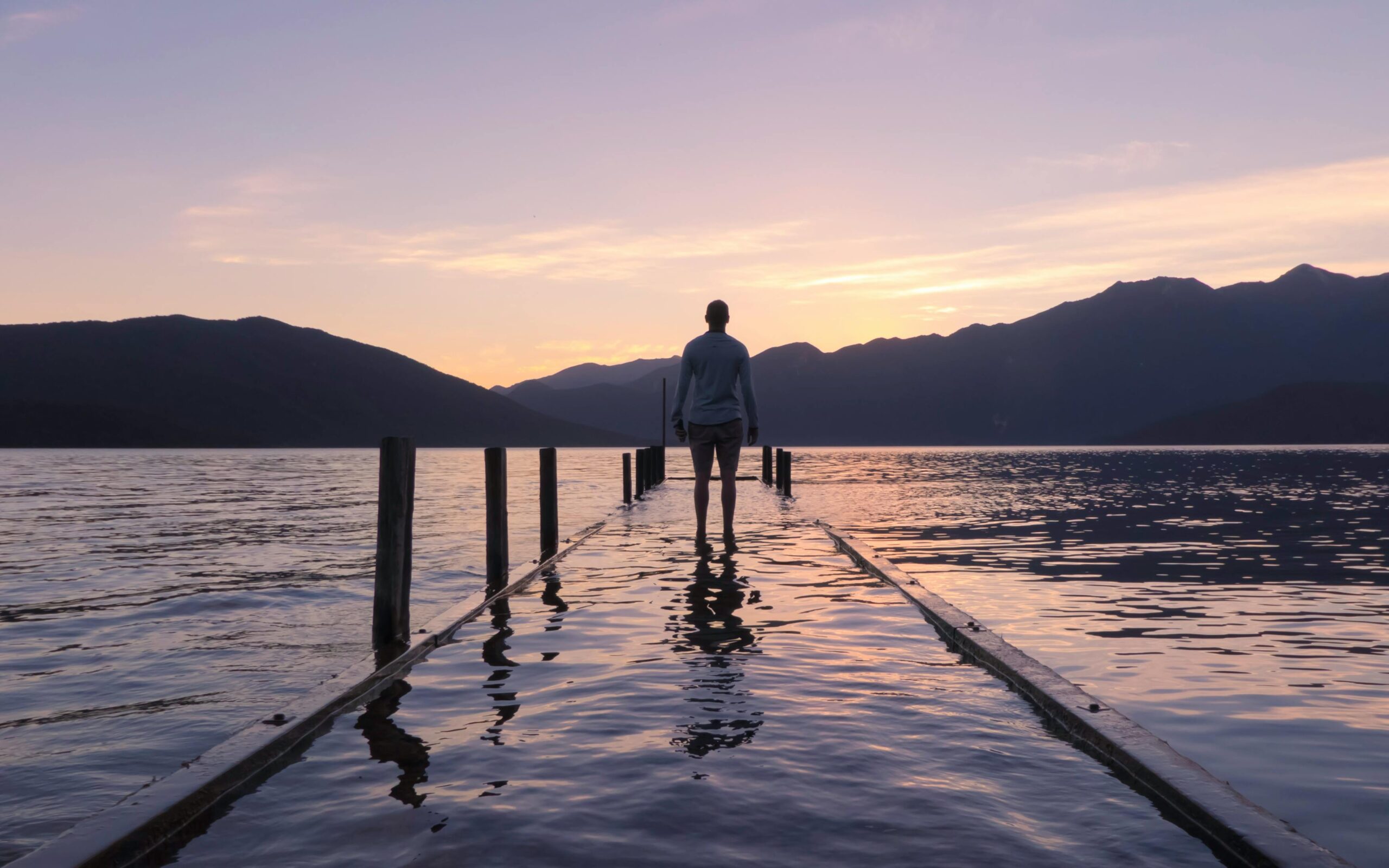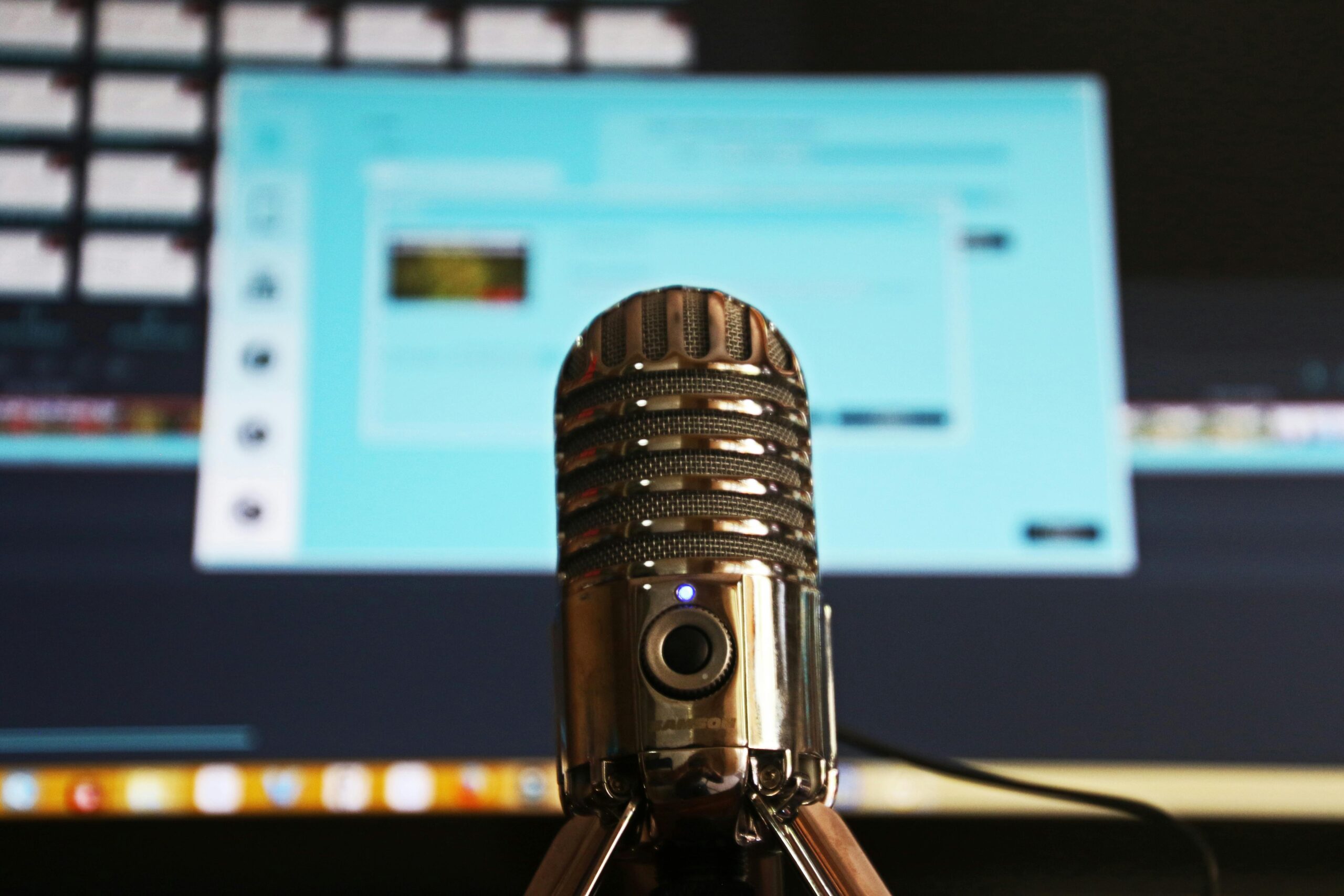My Gambling Relapse Story: How I Found My Way Back After a Slip
I was 14 months clean. Fourteen months without stepping foot into a casino. Fourteen months of budgeting, therapy, trust slowly returning to my life.
And then I relapsed. Hard.
This is my gambling relapse story—the part no one wants to talk about, but many of us live through.
It started with a fight at work—the kind that leaves you questioning your worth. I drove past a new casino on my way home—a shiny, slick place with neon promises—and I don’t even remember making the decision to pull in.
I told myself: “Just ten dollars. Just to feel that hit again. Just to remind myself I’ve changed.”
$10 became $400 in two hours. By the time I left, my rent money was gone. So was my pride.
The Crash After the High
That night, I didn’t sleep. I sat on the bathroom floor with the lights off, staring at nothing. I felt like a fraud.
I’d shared my recovery story with friends, support groups, even online. People told me I inspired them. I was the “guy who turned it around.”
Now I couldn’t even look in the mirror. My gambling relapse story was now real, raw, and painful.
But the worst part wasn’t the money—it was the lie that came next. My girlfriend asked me if everything was okay. I said yes.
That lie felt like poison in my mouth. One relapse, one lie—and suddenly I was back at the bottom.
What Saved Me (And What Didn’t)
What didn’t save me:
- Shame
- Isolation
- Telling myself I blew everything
What did save me:
- Telling the truth
- Returning to my support group
- Giving myself permission to be human
I walked into a meeting the next night and said, “I relapsed.”
The room didn’t go silent. No one turned away.
One guy said, “You’re here. That’s what matters.”
My therapist said something that stuck with me: “Relapse isn’t failure. It’s information. Let’s learn from it.”
Recovery Isn’t a Straight Line
We like to think of healing as this upward climb. But for me, it’s been more like hiking a mountain in the fog. I’ve tripped, gotten lost, gone in circles. But I’m still moving.
Sharing my gambling relapse story helped me see that relapse didn’t erase the progress I made. It reminded me that my addiction doesn’t vanish just because I’m doing well. It waits—quietly, cleverly—for a crack in the armor.
Now, I don’t ignore my triggers. I prepare for them.
I added more structure to my days. I carry a recovery coin in my pocket to remind me who I want to be. I deleted the apps. Blocked the sites again. I asked my girlfriend for a new layer of financial transparency—not because I had to, but because I wanted to.
She didn’t leave. She cried. Then she said, “Let’s start again. Together.”
What I Know Now
Relapse happens. It doesn’t mean you’re weak. It doesn’t mean the first 14 months were a waste. It means you’re still in this fight. Still learning. Still healing.
If you’re reading my gambling relapse story and you’ve slipped—whether it was last week or ten minutes ago—I want you to hear this clearly:
You can come back. You are not broken beyond repair.
One bad night doesn’t undo your whole journey. But it can be the start of a deeper one.
FAQs About this Gambling Relapse story
Is relapse a normal part of gambling recovery?
Yes, many people experience at least one relapse during their recovery. It’s not a sign of failure, but a signal that something needs adjusting—whether it’s your triggers, routines, or support system.
What should I do after a gambling relapse?
Don’t isolate. Reach out to a support group, therapist, or someone you trust. Reflect on what led to the relapse and make a plan to protect yourself moving forward. You haven’t lost all your progress—you’re still in recovery.
Should I tell my loved ones I relapsed?
Honesty is hard—but healing thrives on truth. You may fear disappointment, but opening up builds trust and accountability. Choose someone who supports your recovery and start the conversation gently.
Can I rebuild trust after relapsing?
Yes. Rebuilding trust takes time, honesty, and consistency. Keep showing up, keep communicating, and allow your actions to reflect your commitment. Trust may be bruised, but it can heal.
Struggling with relapse or recovery setbacks?
- Gambling Relapse Support for more insights.
- Managing Gambling Relapse: How to Recover, Reflect, and Rebuild
- Gambling Recovery Toolkit: Essential Resources to Reclaim Your Life





